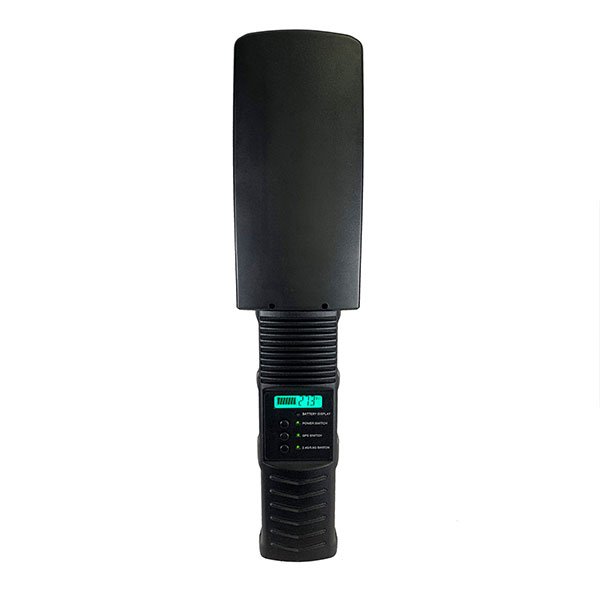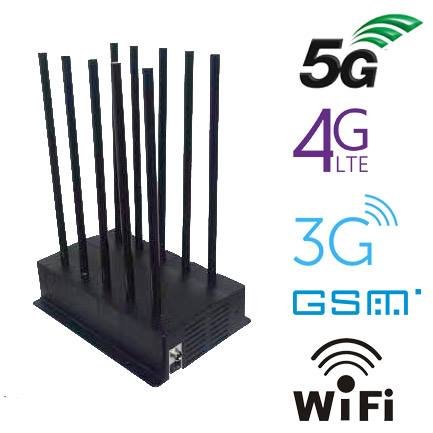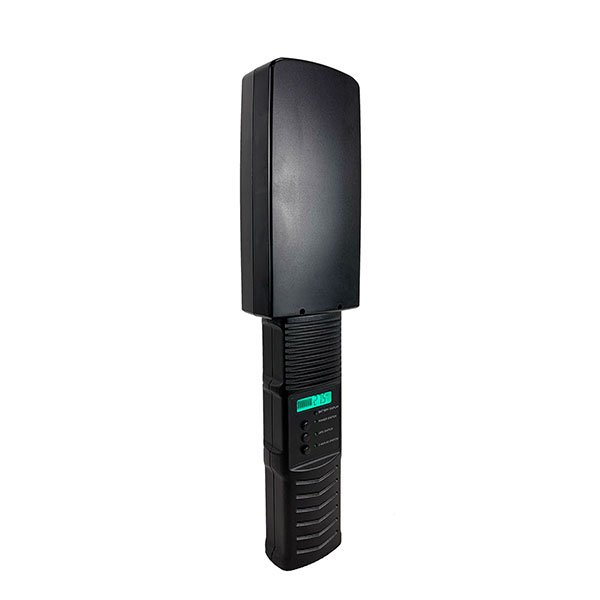Analysis of the current situation and development suggestions for countermeasures against safety hazards of drones
With the popularity of drones in the market, illegal drone flights, commonly known as “black flying”, have occurred frequently, and the problem of effective control of no-fly zones still exists. Once a drone breaks into the airport airspace, it will pose a direct threat to personnel safety, normal airport operations and economic interests.
At the same time, drone countermeasure technology has developed rapidly, but there are also illegal operations and abuses, which sometimes cause major secondary disasters. Therefore, it is crucial to solve the security risks of drone countermeasures.
Overview and challenges of drone countermeasure technology
Drone countermeasure technology aims to protect the safety of important areas, airspace and important personnel, and involves technologies that effectively control and mitigate illegal drone intrusions.
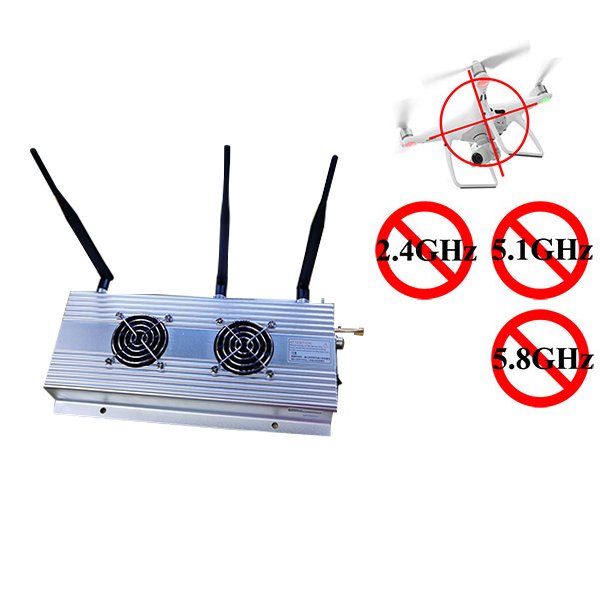
Drone countermeasure technology can be divided into active countermeasure and passive countermeasure. Its working principle is to detect, transmit and process information to intercept and interfere with drones. Drones are detected using various sensing technologies such as radar and radio, and then intercepted and interfered through methods such as radio interference and electromagnetic pulses. The ultimate goal is to control the flight trajectory of the attacking drone.
The main types of countermeasure technologies include:
- Signal jamming technology
Signal jamming technology uses electromagnetic waves, sound waves and other methods to destroy the communication or hardware of drones. This interference forces the drone to automatically return or land. It includes navigation signal interference, electromagnetic interference, acoustic interference, and the use of drone jammers.
- Direct destruction technology
Destruction technology involves directly disabling the target drone. Typically, it is used in areas with high security and privacy issues to avoid adverse consequences. This technology includes “hard kill” methods that involve physically destroying drones and “soft kill” methods that focus on interference and blocking.
- Interception and capture technology
Interception and capture technology aims to physically intercept and capture drones from the ground or air to minimize potential damage. A common method is to deploy a capture net using a launch gun, although there are limitations on the distance.
- Signal deception technology
Signal deception technology involves decrypting the data link of the target drone and sending manipulated false signals to mislead its operation. Deception technology can be divided into control signal deception and positioning signal deception. Best-selling WIFI jammers and GPS jammers in Europe and America.
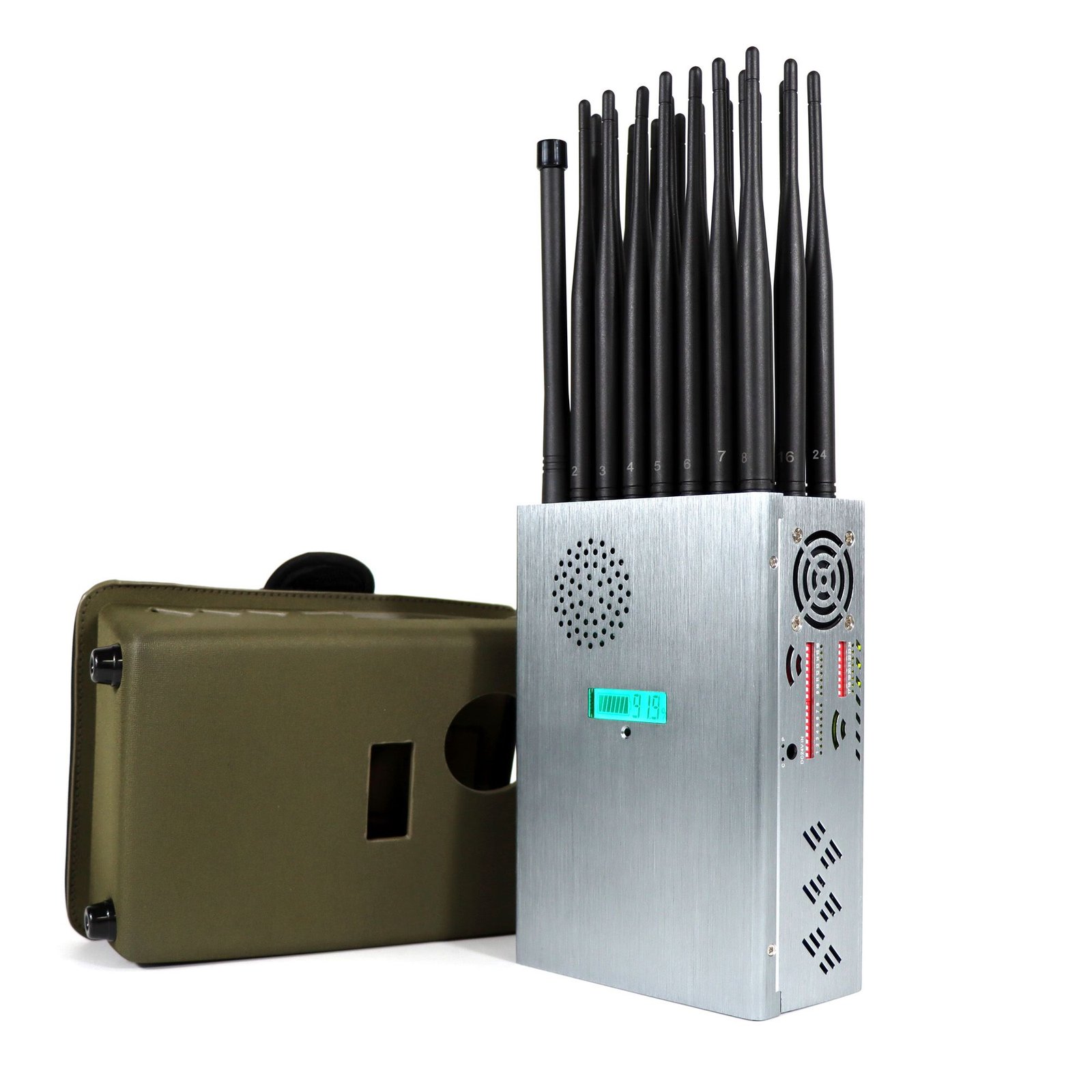
Development recommendations
To address the security risks associated with drone countermeasures, the following recommendations can be considered:
- Regulatory framework: Establish comprehensive regulations and guidelines to manage the use of countermeasures to prevent violations and potential abuse. Work with relevant departments and industry experts to develop appropriate standards.
- Testing and Certification: Implement a rigorous testing and certification process to ensure the effectiveness and reliability of countermeasure technologies. This will enhance drone safety and minimize the risk of secondary hazards.
- Ethical Considerations: Promote ethical practices and responsible use of countermeasure technologies. Raise awareness of the possible consequences of misuse and emphasize the importance of adhering to legal and ethical boundaries.
- Technological Advancement: Encourage research and development efforts to enhance countermeasure technologies. Focus on improving accuracy, range, and efficiency while minimizing unintended effects on legitimate drones and surrounding systems.
- Collaboration and Information Sharing: Promote collaboration among relevant stakeholders such as government agencies, law enforcement, industry experts, and drone manufacturers. Establish channels for information sharing, best practices, and lessons learned to promote effective countermeasures.
By implementing these recommendations, safety risks associated with drone countermeasures can be addressed and the safe and responsible use of these technologies can be ensured.
Best Selling Signal Jammers
-
Product on sale
 4G Jammer Hot Sale 8 Antenna Portable Handheld Cell Phone Signal BlockerOriginal price was: $599.00.$219.99Current price is: $219.99.
4G Jammer Hot Sale 8 Antenna Portable Handheld Cell Phone Signal BlockerOriginal price was: $599.00.$219.99Current price is: $219.99. -
Product on sale
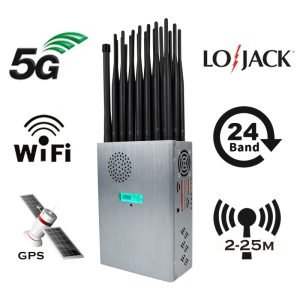 World First Portable 24 Antenna Full Frequency Jammer Blocks All SignalsOriginal price was: $1,599.00.$829.88Current price is: $829.88.
World First Portable 24 Antenna Full Frequency Jammer Blocks All SignalsOriginal price was: $1,599.00.$829.88Current price is: $829.88. -
Product on sale
 Handheld 4G 5G Jammer VHF LOJACK WiFi GPS 16 Antenna Interceptor High PerformanceOriginal price was: $1,539.00.$839.99Current price is: $839.99.
Handheld 4G 5G Jammer VHF LOJACK WiFi GPS 16 Antenna Interceptor High PerformanceOriginal price was: $1,539.00.$839.99Current price is: $839.99. -
Product on sale
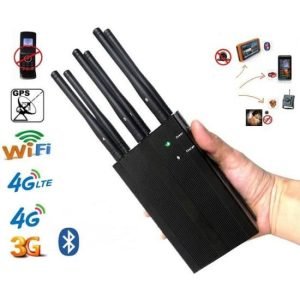 6 Antennas Cell Phone Signal Jamming Device WIFI GPS GSM 3G CDMA DCS 4GOriginal price was: $429.00.$299.99Current price is: $299.99.
6 Antennas Cell Phone Signal Jamming Device WIFI GPS GSM 3G CDMA DCS 4GOriginal price was: $429.00.$299.99Current price is: $299.99.


